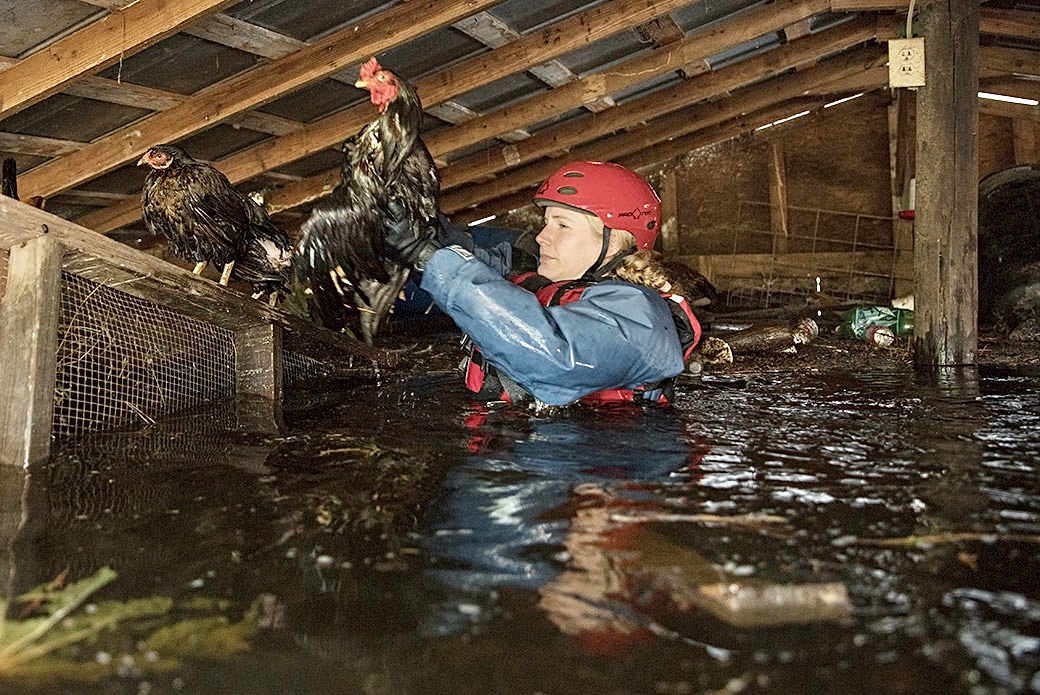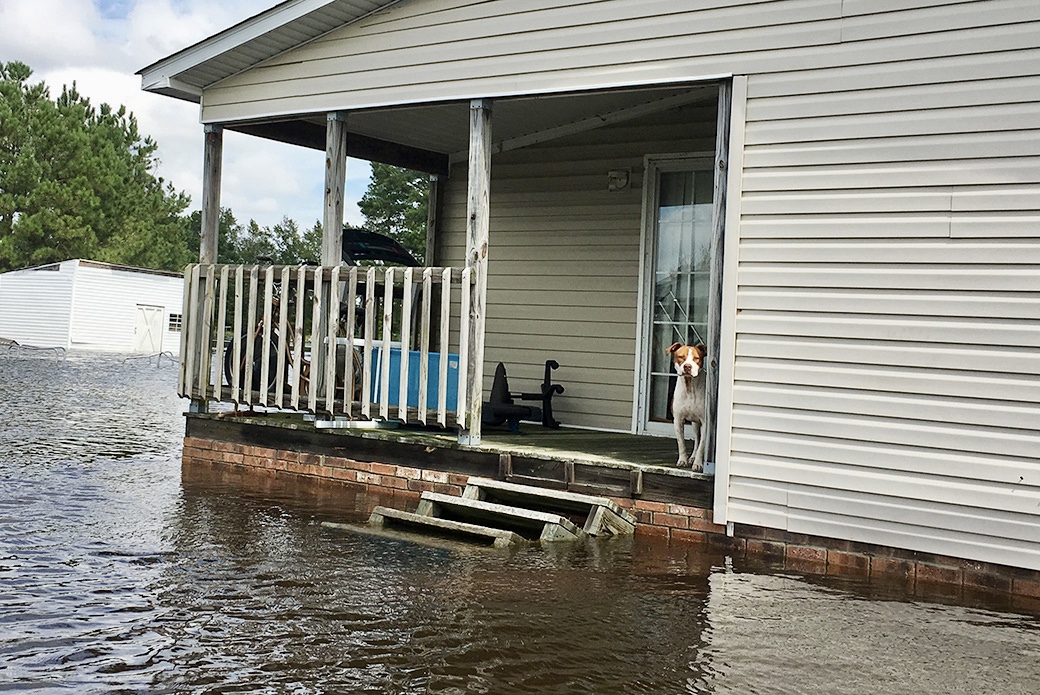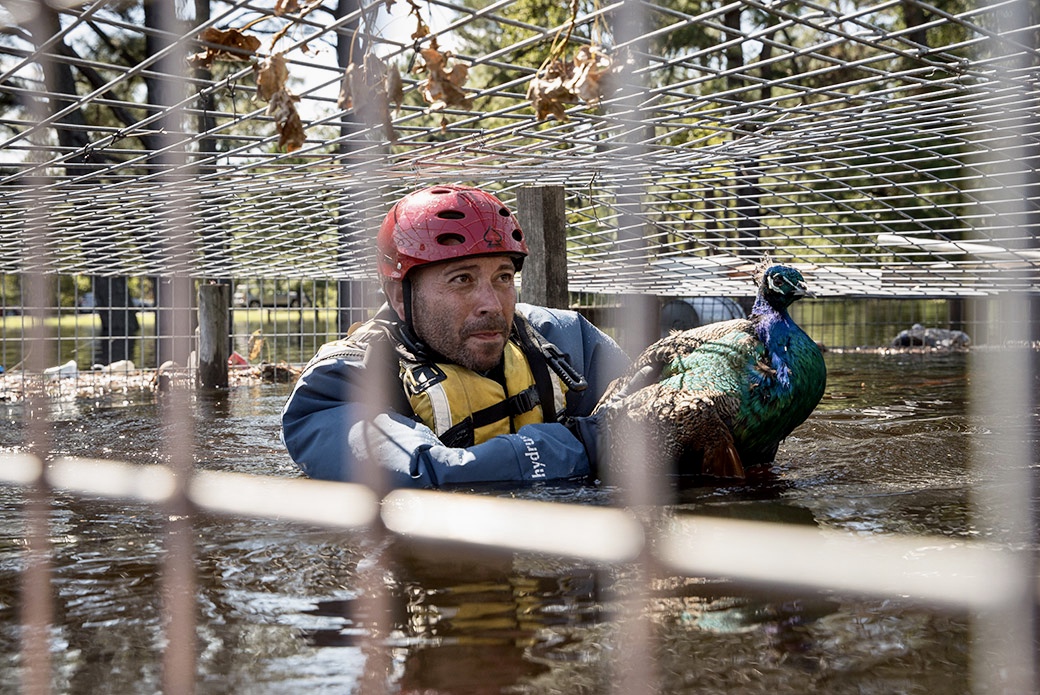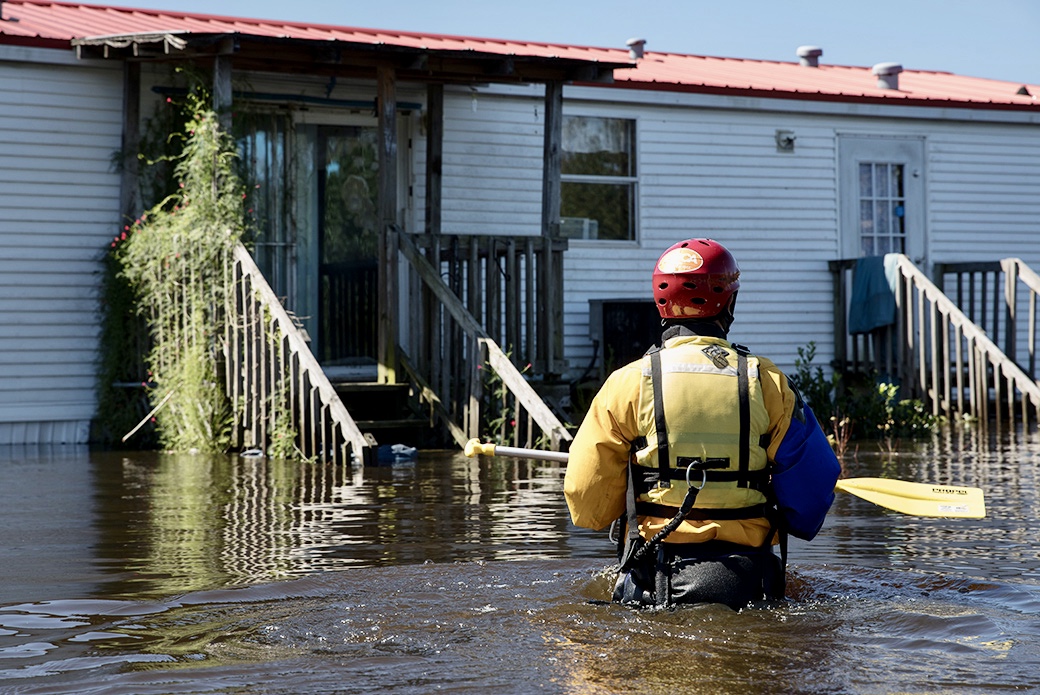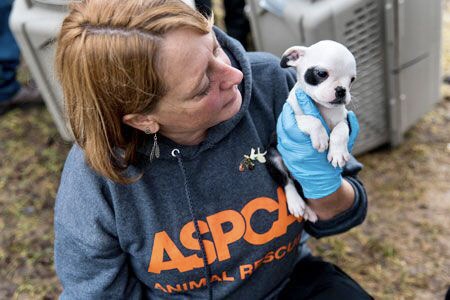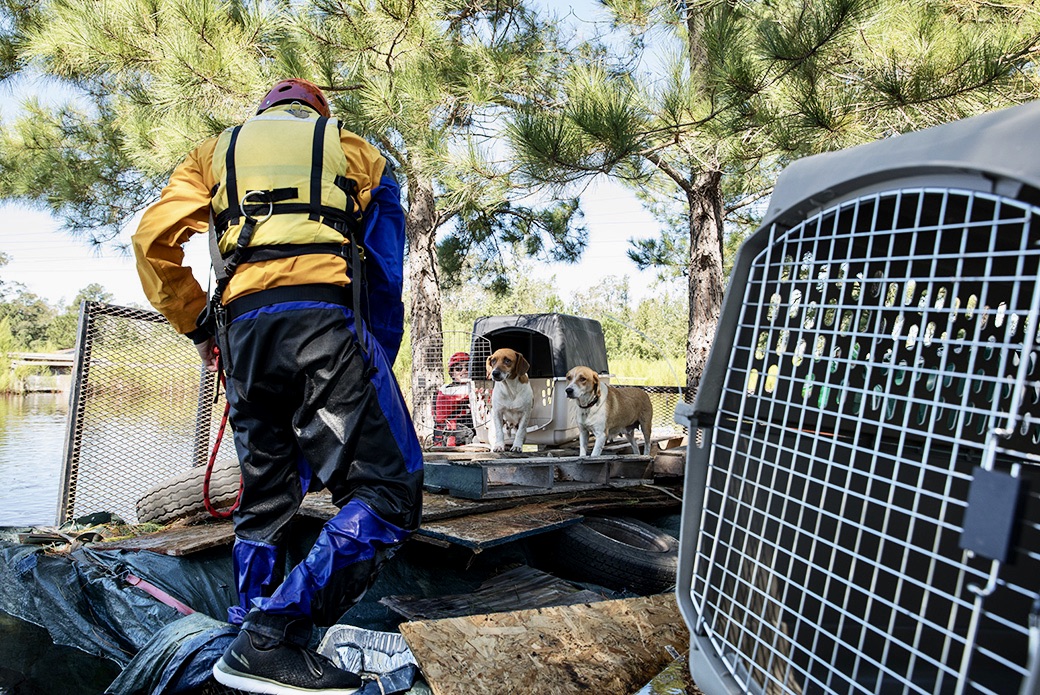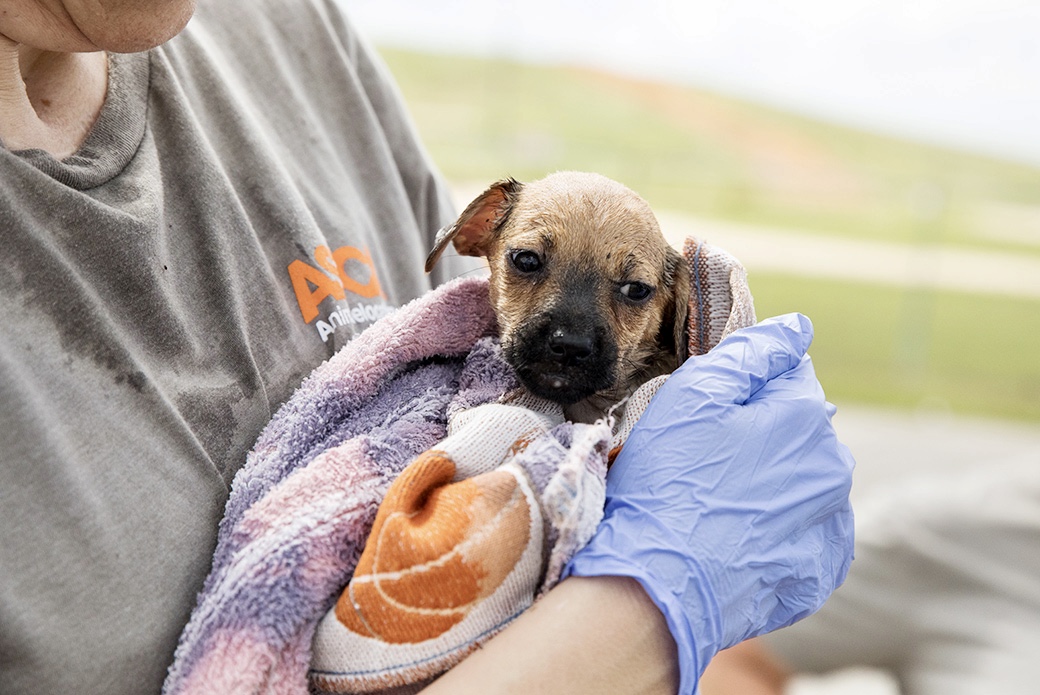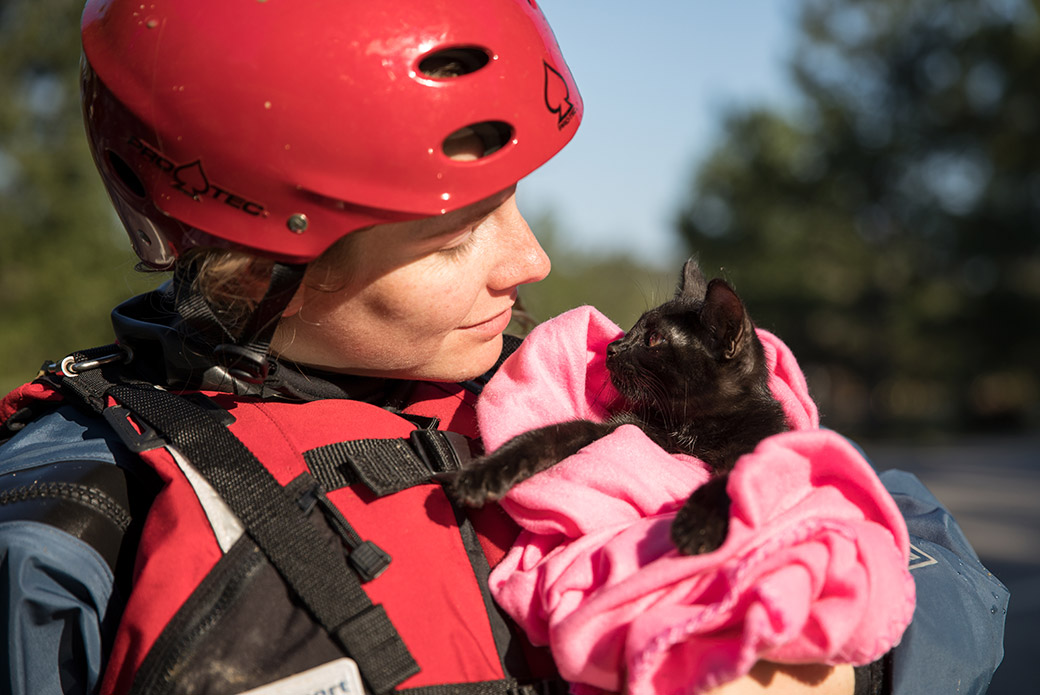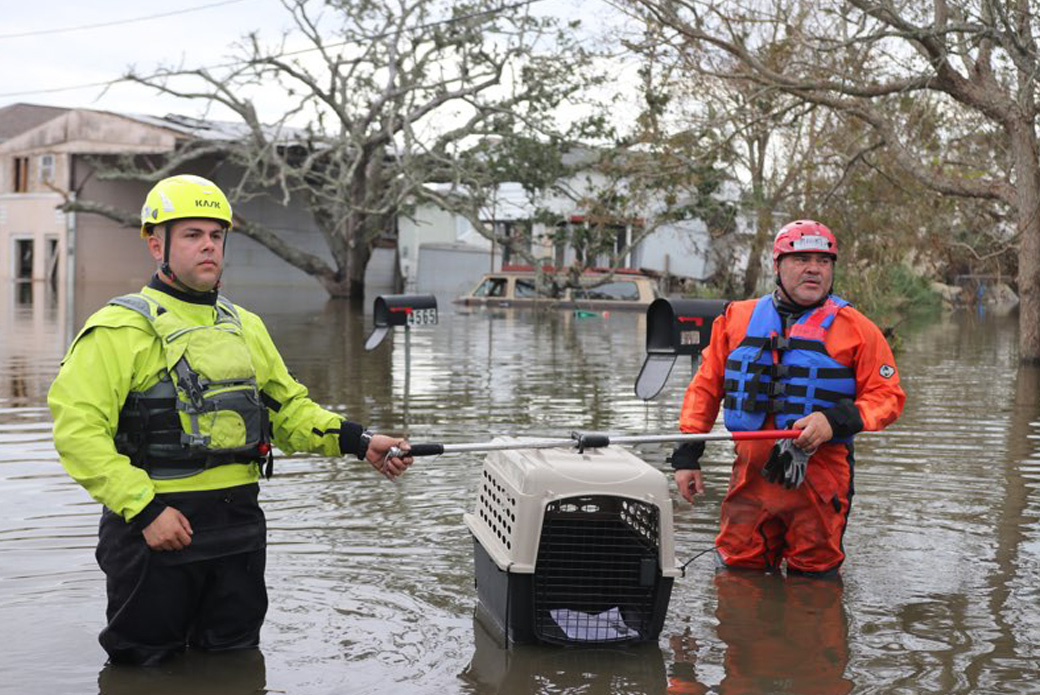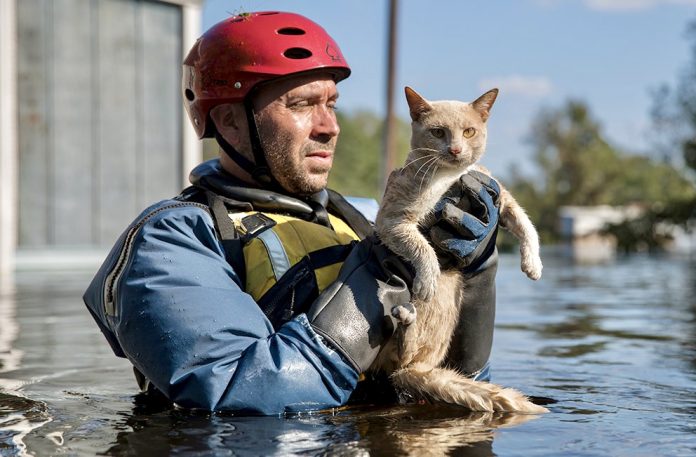
The House Passes Critical Legislation To Protect Animals Impacted By Disasters; Bill Now Heads To The President’s Desk For Signature
By Lauren Lewis
You can help all animals and our planet by choosing compassion on your plate and in your glass. #GoVeg
RELATED ARTICLES
Banning Cruelty: New Legislation Aims To Ban Octopus Farming In The U.S.
New bipartisan legislation has just been introduced in the U.S. to ban commercial octopus farming and prohibit imports of farmed octopus from foreign countries.
The...
Outrage In Yellowstone! Grizzly Bear Killed By Wildlife Officials & Left With Head & Paws Cut Off
Photo by: Trisha McFarland / Cowboy State Daily
A photo of a dead grizzly bear with its head and paws cut off has caused an...
Inside Florida’s Illegal Horse Meat Trade: Undercover Footage Shows Racehorse Being Shot & Butchered
A heart-wrenching discovery of illegal horse slaughter has emerged, with video footage exposing the tragic killing of a racehorse named 'Funny Biz,' who was...
Popular stories
News
Hopeful News As Animals Asia Rescues A Bear Named Paddington After Living A Heartbreaking Life On A Bile Farm For 17 Years
Global animal welfare organization Animals Asia rescued a female moon bear, nicknamed ‘Paddington,’ from a small cage on a bear bile farm in Vietnam last...
Breaking News
New IFAW Dolphin Rescue & Rehab Facility Saves Stranded Marine Mammals On Cape Cod
Photos by: IFAW
A first-of-its-kind rehabilitation facility for dolphins and porpoises fills a critical unmet need as it opens on Cape Cod, Massachusetts, this month.
Wildlife...
News
Call To Action! Support Critical TEAPSPA Bill That Aims To Prohibit The Use Of Exotic & Wild Animals In Traveling Circuses
Please join our DAY OF ACTION TODAY, to end the use of wild animals in circuses in the United States.
Circus animals perform through fear,...

